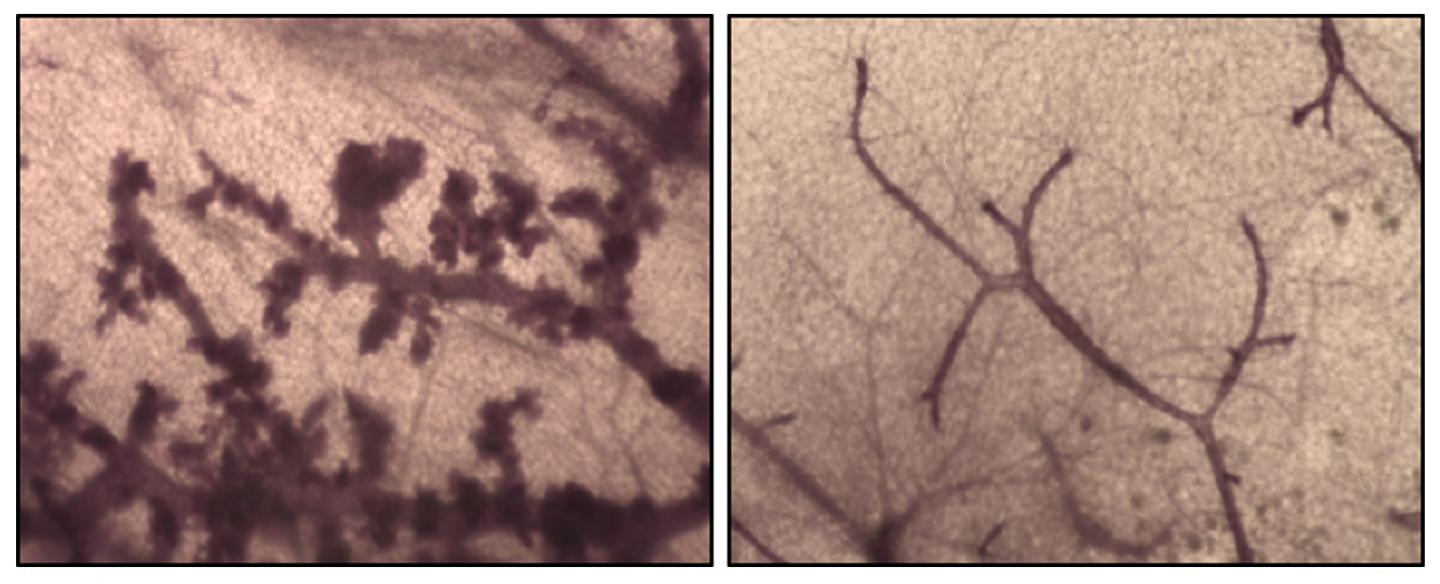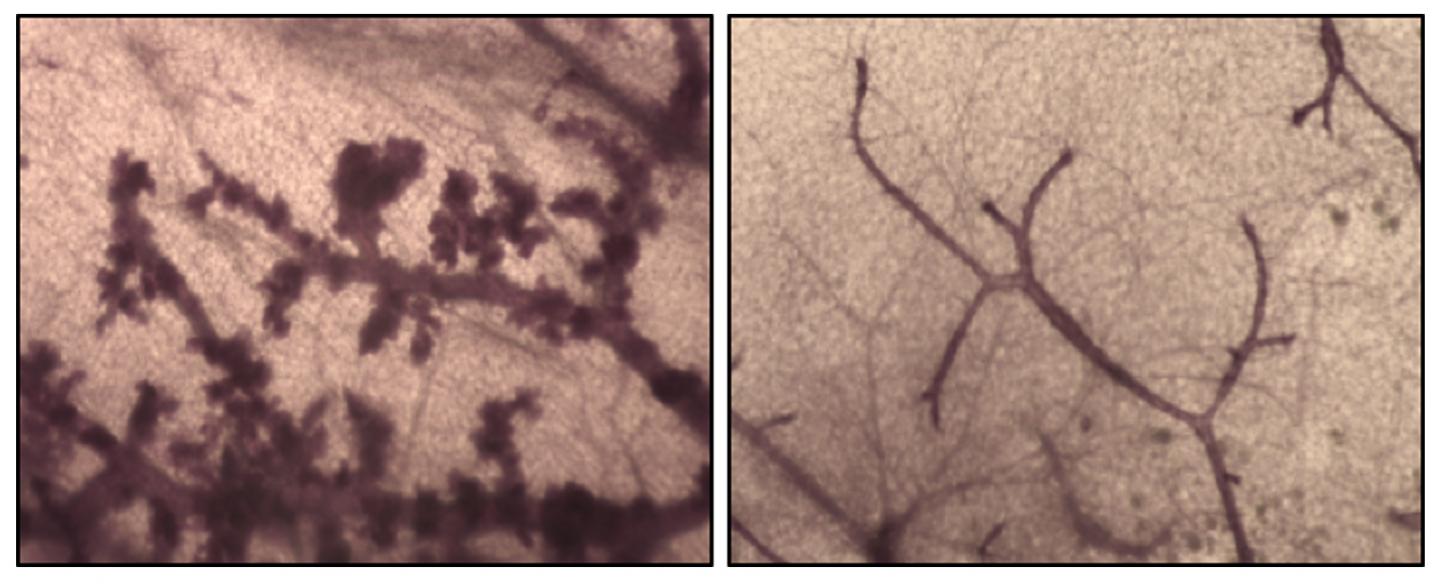
Credit: copyright: IMBA
Women with inherited mutations in the BRCA1 or BRCA2 genes are at substantially higher risk of breast cancer. For these women, effective prevention strategies are their best hope to reduce their breast cancer risk. In FY11, Dr. Josef Penninger received an Innovator Award from the BCRP to pursue a project that could immediately impact breast cancer prevention.
Dr. Penninger's team was the first to demonstrate that two proteins, RANK and RANKL, are important regulators of bone loss, ultimately leading to FDA approval of RANKL-blocking drugs for osteoporosis. His team later discovered that the RANK/RANKL system is also essential for the formation of the lactating mammary gland during pregnancy and that it forms a crucial molecular link between sex hormones, development of breast cancer, and subsequent metastasis to bone. Interestingly, RANK signaling was found to act on mammary epithelial progenitor cells, which are also believed to be "seed cells" for triple-negative breast cancer in carriers with BRCA1/2 mutations. With his BCRP Innovator Award, Dr. Penninger investigated whether RANKL inhibition could be used to prevent breast cancer in mouse models.
Dr. Penninger's results showed that inactivation of RANK markedly delayed and in some cases even prevented the development of breast cancer in mice with mutated BRCA1. The loss of RANK also impaired the progression of breast tumors to high-grade malignancies. These effects were observed both when RANK was inactivated genetically and when mice received preventive pharmacological RANKL inhibitors.
Dr. Penninger has documented that RANK/RANKL are highly expressed in pre-malignant lesions and breast cancer in women with BRCA mutations, and that common variants of RANK are associated with increased breast cancer risk among these women. Future experiments, especially carefully designed clinical trials, will be needed to assess whether RANKL inhibitors offer an advantage over current prevention techniques like Tamoxifen or oophorectomy. However, these findings raise the exciting possibility that inhibition of RANKL, for which there is already a drug that has a good safety record and is approved by the Food and Drug Administration, could offer a novel, targeted approach for breast cancer prevention in women with BRCA1 mutations.
###
Media Contact
Gail Whitehead
[email protected]
301-619-7783
http://cdmrp.army.mil
############
Story Source: Materials provided by Scienmag





